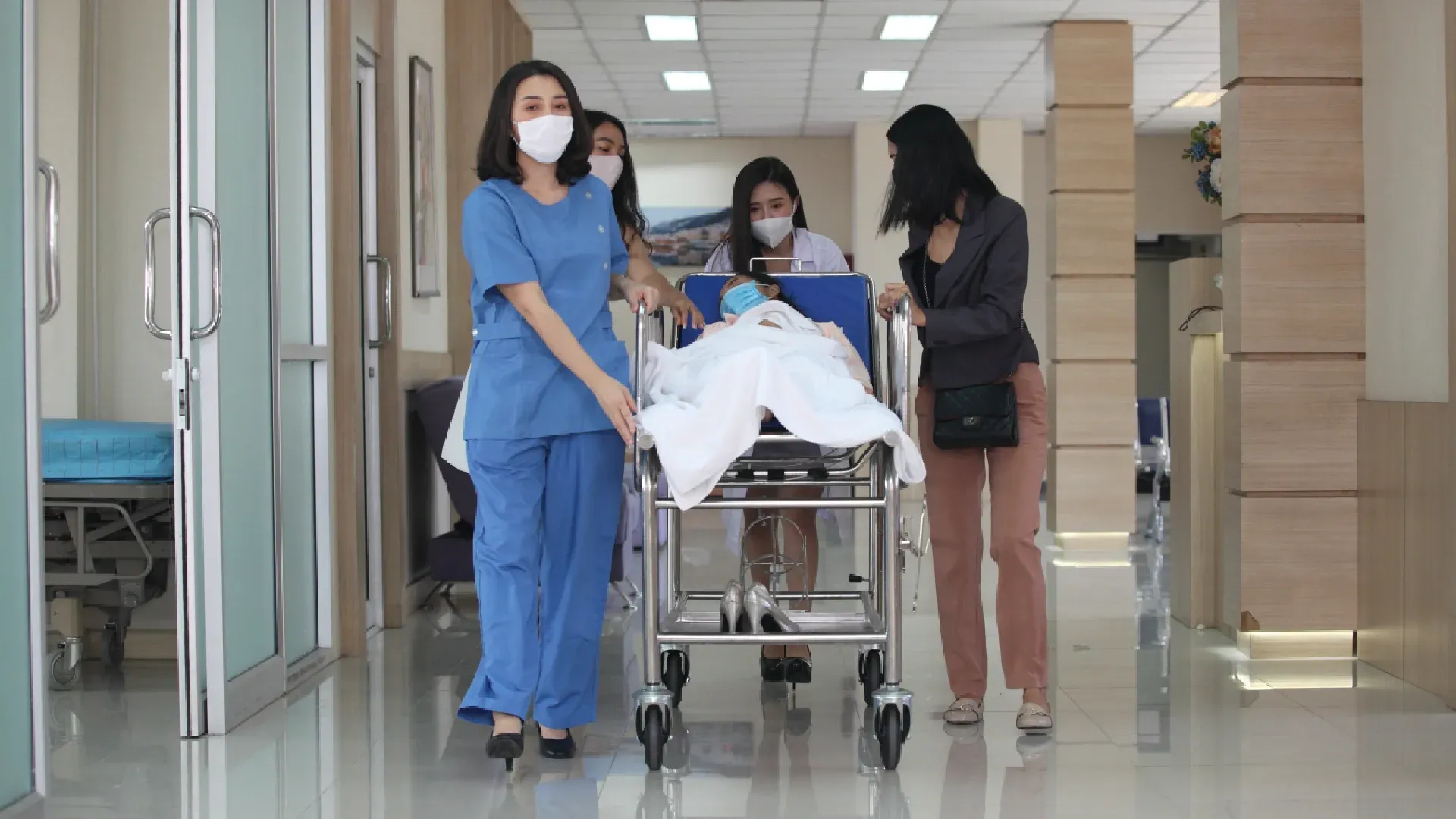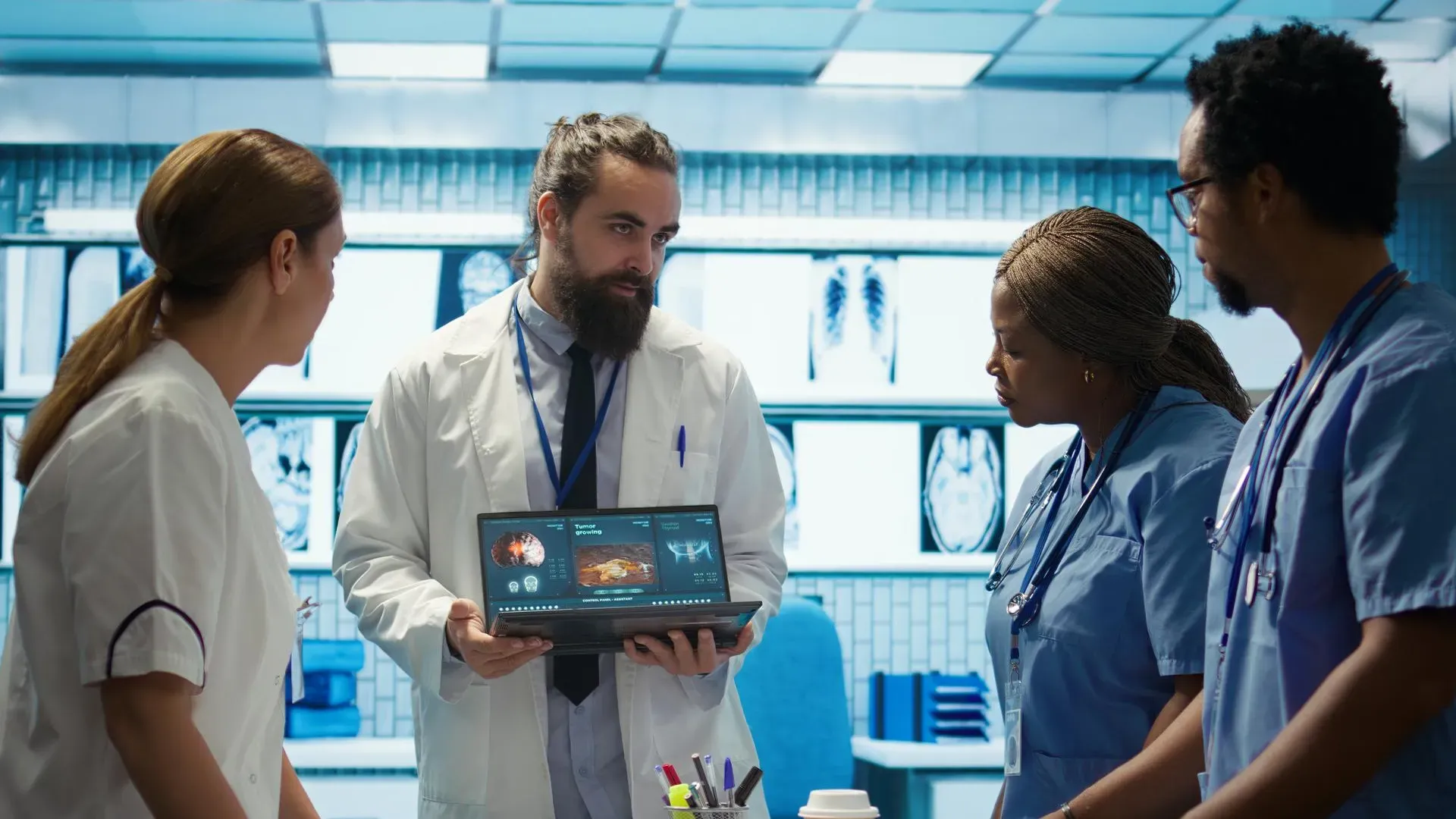Essential Skills Every Nurse Should Have in 2024
In the rapidly evolving field of healthcare, the qualifications to be a nurse encompass a blend of compassion, adaptability, and technical prowess, making nursing skills more crucial than ever as we approach 2022. With healthcare demands increasing, nurses stand at the frontline, integrating essential nursing clinical skills with advancements in care to meet the complexities of patient needs. The importance of these skills not only lies in the provision of high-quality care but also in the potential to significantly impact patient outcomes and overall healthcare delivery, highlighting why continuous skill enhancement is vital for every nurse.
This article explores the core nursing skills required in 2024, focusing on clinical competence, nursing communication skills, adaptability and flexibility, empathy and compassion, and nursing leadership skills. It also delves into basic nursing skills, including technical skills in nursing that are fundamental to patient care. By providing a roadmap of the essential skills needed for nursing, from the foundational nursing basic skills to the advanced nursing skills list, this piece aims to guide nurses in refining their practice, ensuring they are well-equipped to navigate the challenges of modern healthcare environments.
Clinical Competence
In the realm of nursing, clinical competence encompasses a robust understanding and execution of essential patient care practices. These practices are vital to ensuring safety and promoting recovery, forming the backbone of daily nursing activities.
Fundamentals of Patient Care
The Fundamentals of Care Framework highlights the importance of integrating a patient's physical and psychosocial needs. Nurses are encouraged to develop trusting therapeutic relationships with patients, focusing on active listening and empathy. This holistic approach ensures that all fundamental needs—such as nutrition, mobility, and dignity—are meticulously addressed, enhancing the quality of care provided.
Knowledge of Medical Procedures
Nurses must possess a comprehensive knowledge of medical procedures to effectively care for patients. This includes everything from administering medications and managing IV lines to performing wound care and monitoring vital signs. Mastery of these procedures not only aids in immediate patient care but also contributes to the broader scope of healthcare management, including the prevention of complications and the promotion of recovery.
Proficiency with Medical Equipment
The ability to proficiently use medical equipment is crucial for nurses. This includes the correct use of tools such as stethoscopes for auscultation, blood pressure monitors for routine assessments, and more advanced technology like ECG machines for cardiac monitoring. Each piece of equipment plays a critical role in diagnosing and treating patients, thereby requiring nurses to be well-versed in their operation and application.
Through continuous education and practical experience, nurses refine these competencies, ensuring they are prepared to meet the diverse needs of their patients in various healthcare settings.
Communication Skills
Effective communication in nursing encompasses more than just exchanging information; it involves building relationships and fostering trust with patients and their families. Despite the assumption that nurses naturally possess good communication skills, there is a growing recognition that these are skills that can be learned and improved upon.
Patient Interactions
Patient-centered communication is crucial in healthcare. It ensures that both the nurse and the patient engage in a meaningful dialogue where questions are asked, information is exchanged, and both parties are heard. This type of interaction not only reduces uncertainty but also enhances patient involvement in decision-making processes, thereby improving adherence to treatment plans and overall patient satisfaction. Respectful communication, active listening, and treating patients with dignity are fundamental to effective patient interactions.
Team Communication
Communication within healthcare teams is vital for ensuring patient safety and effective care delivery. Nurses must be adept at sharing information and collaborating with colleagues to manage patient care efficiently. Understanding the dynamics of interpersonal relationships and organisational culture can significantly influence team communication and performance. Strategies such as regular in-service training and setting clear communication protocols can enhance team interactions and support effective collaboration.
Cultural Sensitivity
Navigating the complexities of cultural diversity in healthcare is essential for nurses. Cultural sensitivity involves understanding and respecting the cultural backgrounds of patients, which can significantly affect their healthcare experiences. Nurses should practice cultural humility, making an effort to understand patients' beliefs, values, and practices without making assumptions. This approach not only respects the patient's cultural perspective but also builds trust and enhances the therapeutic relationship. In situations where language barriers exist, the use of translators and culturally appropriate communication strategies is crucial for effective nursing care.
By focusing on developing strong communication skills in these areas, nurses can improve both patient care and teamwork, ultimately leading to better health outcomes and a more supportive healthcare environment.
Adaptability and Flexibility
Handling Emergencies
In the face of emergencies, nurses must remain composed and swiftly assess the situation, prioritising patient safety and effectively managing resources. Implementing established emergency protocols and utilising life-saving interventions such as CPR are essential. Continuous communication with the interdisciplinary team ensures a coordinated response, while post-event debriefing supports emotional well-being and resilience.
Adjusting to New Protocols
Adapting to new policies and procedures is an ongoing aspect of nursing. Nurses enhance their adaptability by thoroughly understanding and practising new protocols, often through formal training and peer discussions. This proactive approach ensures that nurses not only comply with the latest standards but also contribute to the improvement of healthcare practices through feedback and adaptation.
Work-life Balance Techniques
Maintaining work-life balance is crucial for nurses to manage stress and prevent burnout. Effective strategies include setting boundaries to separate work from personal life, utilising time management skills to prioritise personal well-being, and engaging in self-care practices. Nurses are encouraged to seek support from colleagues and utilise resources such as lifestyle coaching to achieve a sustainable balance between professional responsibilities and personal needs.
Empathy and Compassion
Trust forms the foundation of the nurse-patient relationship, crucial for effective communication and shared decision-making. Nurses earn this trust by dedicating quality time to patients, practising active listening, and ensuring communication is devoid of bias or judgement. Such interactions encourage patients to share sensitive information vital for their treatment, enhancing their sense of safety and involvement in the care process.
Building Patient Trust
Building trust with patients involves being present both verbally and non-verbally. Nurses demonstrate attentiveness by using verbal and non-verbal cues that affirm the patient's feelings are acknowledged. Patience is shown by allowing patients to express themselves without interruptions, fostering a respectful and trusting environment. Open-mindedness ensures that patients feel safe to express their concerns without fear of judgement, thereby enhancing mutual understanding.
Emotional Resilience
Emotional resilience in nursing is pivotal for managing the intense emotional demands of the profession. Nurses develop resilience by engaging in reflective practices and seeking peer support, which helps in maintaining their emotional well-being amidst clinical pressures. This resilience enables nurses to provide sustained emotional support to patients, essential for their psychological comfort and overall recovery.
Providing Psychological Support
Psychological support is integral to comprehensive patient care, particularly in settings like cardiac rehabilitation, where patients face significant mental and physical challenges. Nurses play a key role in addressing both aspects, which is crucial for holistic recovery. Effective psychological support involves active listening, empathy, and adapting care plans to align with patients' emotional and physical needs, thereby fostering a collaborative and therapeutic nurse-patient relationship.
Conclusion
As we navigate the complexities of healthcare evolving towards 2024, it is imperative for nurses to continuously refine and expand upon their professional skill set to meet the multifaceted demands of patient care and healthcare delivery. The exploration of essential skills ranging from clinical competence and communication to adaptability, empathy, and leadership underscores the holistic approach required in nursing practice. By committing to the enhancement of these fundamental and advanced skills, nurses not only elevate the standard of patient care but also contribute significantly to the efficacy of healthcare settings, ensuring patients receive comprehensive and compassionate care.
The significance of these skills goes beyond individual patient interactions, influencing the broader dynamics of healthcare teams and the overall healthcare system. Emphasising continuous learning, professional development, and emotional resilience, nurses can adeptly navigate the challenges of modern healthcare environments while maintaining a compassionate and patient-centred approach. As the healthcare landscape continues to evolve, the dedication to cultivating these vital skills will undoubtedly play a crucial role in shaping the future of nursing and healthcare delivery, promoting better outcomes for patients and a more resilient healthcare system.











